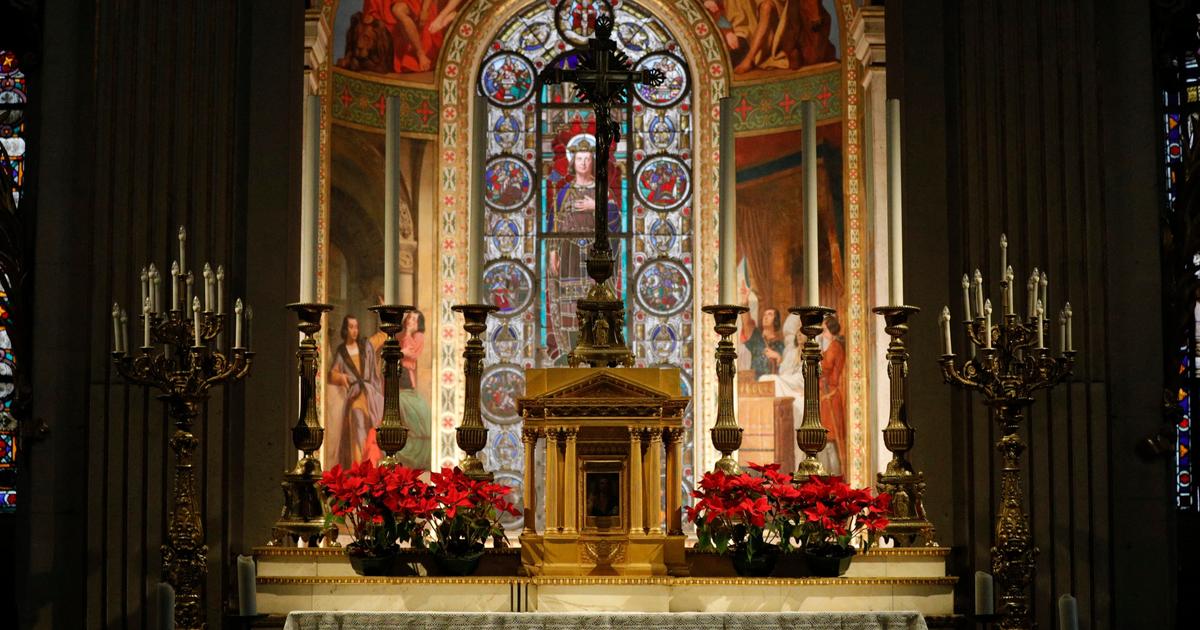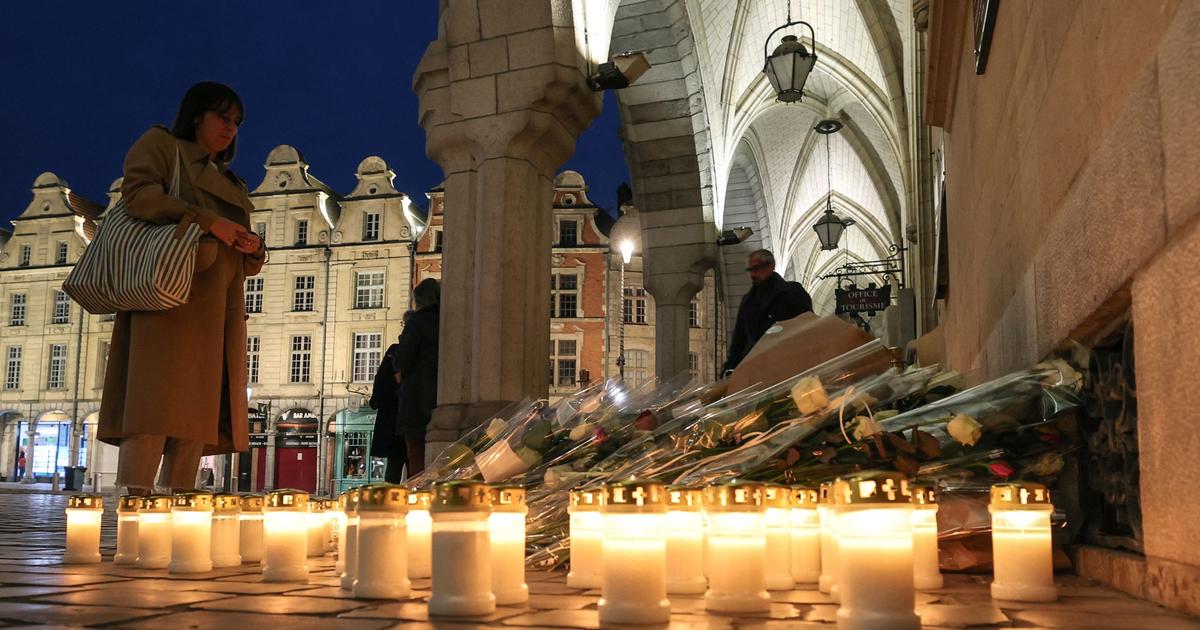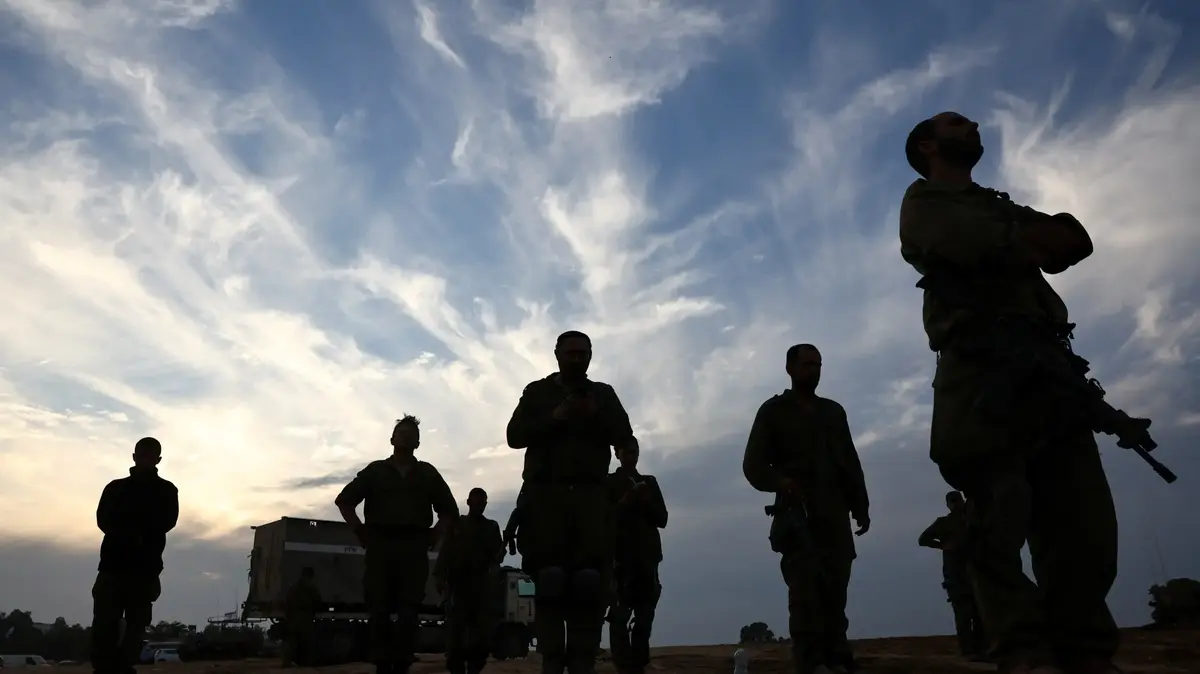- Click to share on Facebook (Opens in a new window)
- Click to share on Twitter (Opens in a new window)
- Click to share on LinkedIn (Opens in a new window)
- Click to email a friend (Opens in a new window)
Editor's Note: Arnold M. Eisen, one of the world's leading authorities on American Judaism, is rector of the Jewish Theological Seminary. The opinions expressed in this comment are those of the author; See more opinion articles on CNNE.com/opinion
(CNN) - My father, a good and pious man who thanked God every morning for another day's gift - if he were alive right now - I would say that God has a lot to answer for.
So much death and suffering! So many hopes for a better life destroyed by the pandemic. Such an incalculable amount of trust - in government, in the future and in God - undermined or irreparably lost.
People of faith often wonder aloud in moments of personal and collective tragedy how a good God could allow "bad things to happen to good people." They also tend to turn to (or return to) religion for help in coping with the unbearable. In the coming months, Americans will feel more hungry for community and meaning as we come together (at least to some extent) and seek to find a purpose for our suffering.
The nation's ability to heal its body and soul will largely depend on whether or not religious institutions can find new ways to unite people and find meaning in what we have experienced.
One of the cruelest aspects of the coronavirus pandemic is that it forces many people to die or mourn their dead alone. Hasidic Jews who gathered without social distancing on the streets of Brooklyn for a public funeral recently, vividly expressed the frustration and anger many Americans feel at not being able to accompany their family and community members to the grave.
Funerals and computer-based shiva visits cannot offer the comfort of hugs, outstretched hands, and physical presence. Nor can we celebrate the high points of our lives together in this "virtual" way.
Religion thrives in normal times and helps its faithful move forward, through in-person rituals: these are regular experiences of community solidarity, taking the form of baptisms and weddings, breaking a Ramadan or Yom Kippur quickly, or raising voices together in sentence.
But religious leaders have quickly learned how to provide sacred meaning through words and music from a distance, on a screen. They will have to use technology even more imaginatively to maintain and serve their members as we emerge from total confinement in the coming months and the need for answers to the "why" questions is all the more insistent.
Some traditional teachings have already begun to acquire a new meaning. "Love your neighbor as yourself" resonates as never before when one distrusts the neighbors who do not wear masks, and depends on the neighbors who used to be taken for granted: those who deliver mail and groceries to our doors, drive ambulances, They pick up trash, comfort those affected in hospitals, staff unemployment offices, or work in laboratories around the world to develop vaccines and therapies that alone can save us from the virus.
The religious teaching that "all human beings are created in the image of God," which means that we constitute a humanity and have the right to be treated with dignity, seems like a simple and obvious truth. We have all learned in our forced time only that we are not alone in our situation, our countries or our beliefs. The concept of "global community" is more real than ever.
Overcoming the covid-19 pandemic and future crises will require a degree of cooperation, inclusion, and mutual trust beyond what nations, or their religions, have exhibited in the past. The religions, having preached love and unity, should be its agents and defenders.
I am sure that many religious institutions can and will change to meet the challenge. Somehow they already have. Despite the distance created by digital funerals and shivas, they now include friends and family from afar. Homebound congregations tune into religious programming that they may not have had time for before.
One of the most significant initiatives in which I have participated in the past few weeks brought together leaders of eight American religious communities in early April to offer prayers and blessings for healing in a campaign called “United Faiths of America 2020”. USA 2020).
Such initiatives are likely to continue and expand in the post-pandemic. Congregations that have learned to reach beyond physical spaces closed to members and non-members, whether close or a continent away, will likely not fail to serve these expanded communities once recovery begins.
Religious denominations understand that they too will have to cross boundaries like never before to remain credible and relevant in this new era.
The United States remains among the most faithful and religious observer countries on Earth, so spiritual recovery will play an important part in our national healing.
In time, we will be able to see the evidence of the theological revival. Rabbi Abraham Joshua Heschel liked to point out that experiences of justice and compassion often open the door to faith much more effectively than doctrinal argument.
Confidence in the healing power of God grows when one witnesses doctors, nurses, and first responders who selflessly risk their lives to heal others. Similarly, evidence of injustice, such as unequal access to medical care, and therefore to life itself, mocks and undermines the claim that God's loving refuge embraces all.
God is not alone in having much to respond to these days. The burden falls on all of us, and especially on members of religious communities (in the words of the morning Jewish prayers) "to strengthen the weary and lift up those who are inclined."
coronavirus



/cloudfront-eu-central-1.images.arcpublishing.com/prisa/ER2D3J6IDZDC3M6454S36Q6GCI.jpg)





